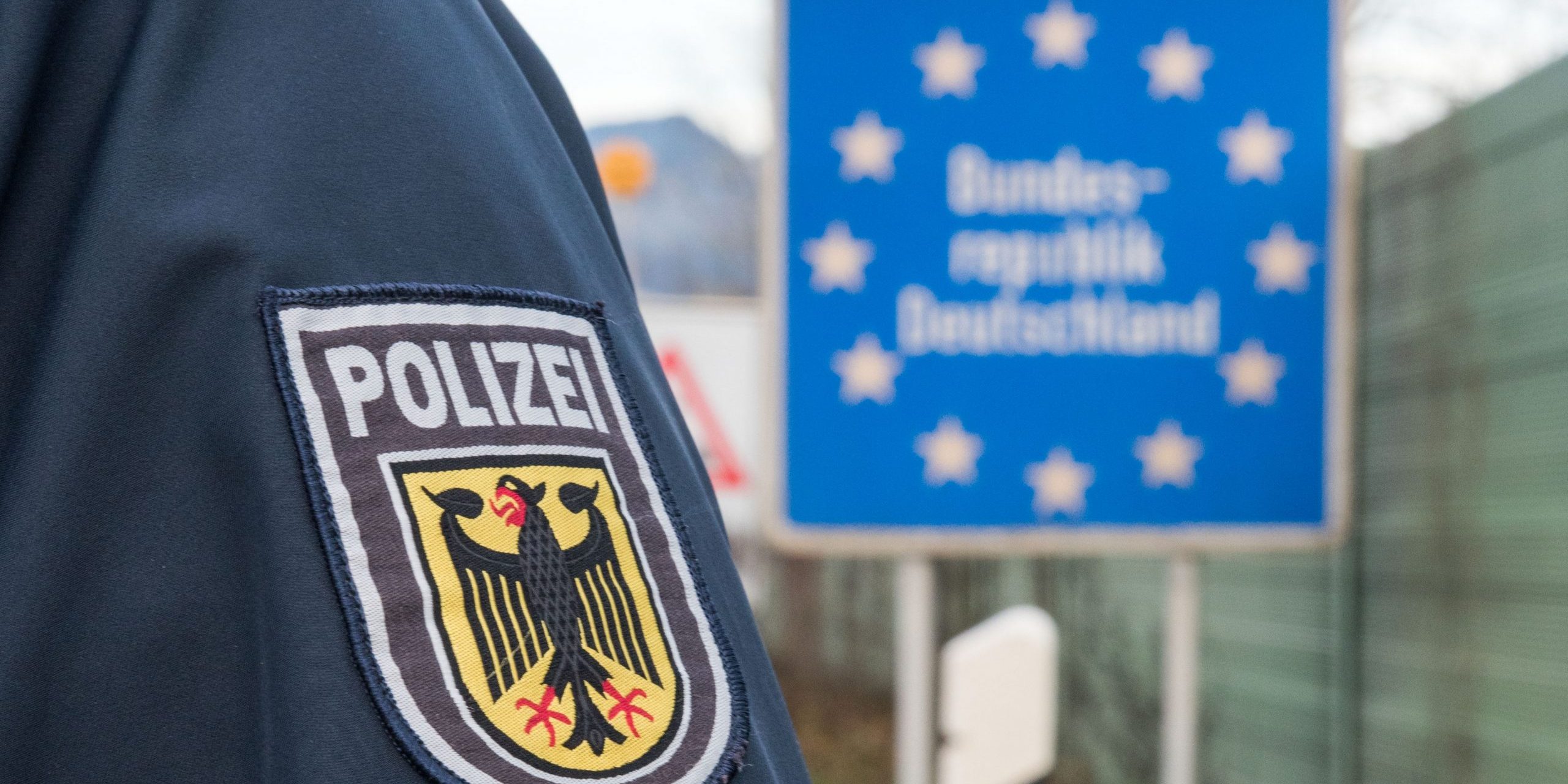The Federal Cabinet’s approval of the restructuring of the Federal Police Act is a response to current threats and expands the powers of the Federal Police. The first reform of the Federal Police Act in almost thirty years gives the Federal Police new powers in telecommunications surveillance, for the use of its own drones and for the detection and defence of drones, for the storage of DNA identification patterns and for issuing reporting requirements and residence bans.
Nancy Faeser is delighted
Federal Minister of the Interior Nancy Faeser (SPD) expressed her delight at the adoption of the draft bill: “Our reform brings the Federal Police Act up to date. We are creating the best conditions to consistently counter the current threats. With new powers, we are giving the federal police everything they need to fulfil their tasks in the best possible way. We are also strengthening proximity to citizens and transparency.” In detail, the draft law provides for the following regulations: The Federal Police will be given extended opportunities to monitor telecommunications and collect traffic and usage data. They will also be allowed to identify and localise mobile phone cards and terminals in future. In each case, however, only with a court order. This means that smugglers, extremists or their contacts can be tracked down and people at risk of suicide can be localised.
Drone missions possible
The possibility of using drones to record images and sound is intended to help with the creation of situation reports. In the event of danger from unauthorised drones, technical means such as electromagnetic pulses to disrupt radio connections or the physical impact on drones with e.g. network remote controls can be used in response. The new law also legalises temporary bans and reporting requirements as security measures. In the event of anticipated criminal offences of considerable significance, the Federal Police can thus prohibit suspects from staying in certain places for a limited period of time.In future, audio and video recordings will be permitted in detention centres to ensure the safety of both inmates and members of the Federal Police. This is intended to increase the inhibition threshold for assaultive behaviour and protect people in custody from self-harm.
Labelling requirement coming
The draft law also creates the legal basis for a simple security check of all persons to be employed by the Federal Police. This is intended to provide better protection against extremists within its own ranks. The support obligations of transport companies operating in cross-border transport will be revised in the draft law. This relates in particular to free transport and the provision of premises for police officers. The pseudonymous identification of police officers is intended to make police actions more transparent for all citizens. Authorised authorities will be able to identify them by name using a sequence of numbers. In future, persons questioned will also be able to obtain inspection receipts that include, for example, the place, time and reason for the inspection. Finally, the reform will also take data protection into account. In line with EU law, the Federal Commissioner for Data Protection and Freedom of Information is to be given additional supervisory powers for particularly intrusive measures.







